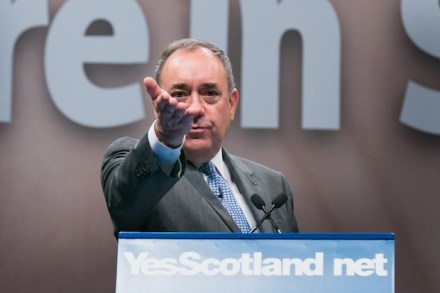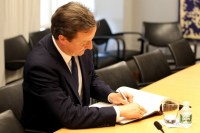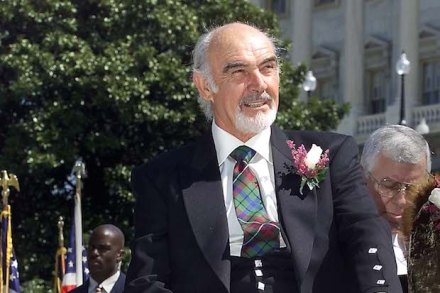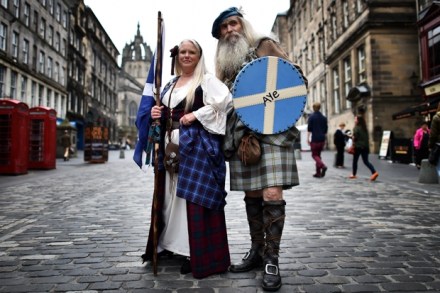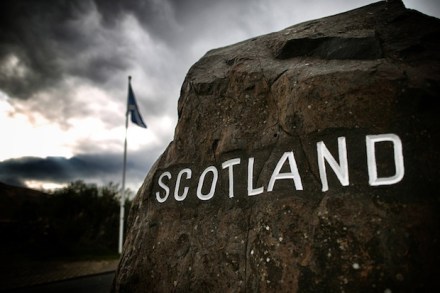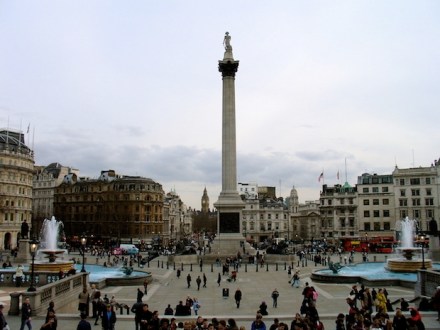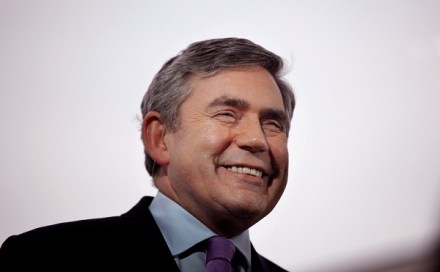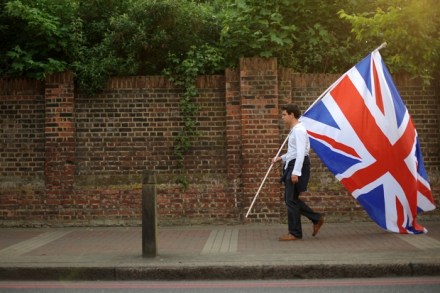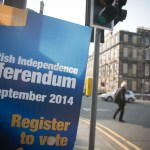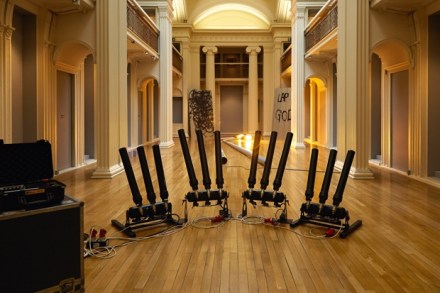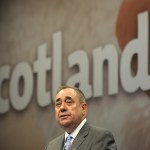Salmond’s biggest myth
When I asked one leading SNP figure right at the start of this process how they would try and win this referendum, he told me that by the end of the campaign you’d barely be able to tell the difference between, what he called, independence-lite and devo max. This is why Salmond has put such emphasis on keeping the Queen as head of state, still using the pound and the idea that there won’t be any borders controls or customs posts. Now, with the exception of the Queen remaining head of state these are distinctly dubious propositions. Scotland might choose to use the pound but, given that there isn’t
